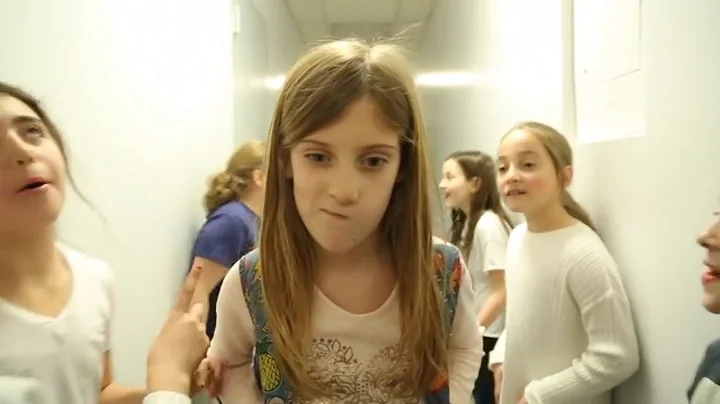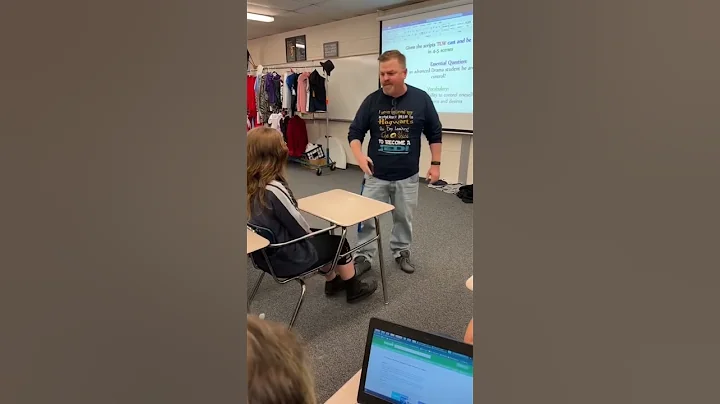Disengage in class and look around without paying attention;
When doing homework, he plays with toys, goes to the toilet, and asks for water;
What parents or teachers say is often "listened to the left ear and heard out to the right ear"...
This kind of indecisive behavior is an obvious manifestation of children's poor concentration.
- What should I pay attention to to improve concentration? -

3-5 years old is the period of rapid development of children's "executive ability", which is finalized after the age of 7.
First of all, we need to do the following things:
1. Strengthen education that pays attention to purpose. Tell your baby clearly what to do.
2. Eliminate external interference. When you are doing something, try not to let other distracting things happen next to it.
3. Pay attention to time control. Children's attention span is relatively short, html about 15 minutes for children aged 15-7, and about 20 minutes for children aged 7-10.
- Rules related to concentration -

In fact, many parents have big misunderstandings about "concentration".
For example, if you ask your child to "focus" on reading, he may not be able to persist for a few minutes at a time; but if you ask him to "focus" on reading " Peppa Pig ", he may be able to read it in one glance. Two hours. Can you say that such a child does not have the physiological basis for "focus"?
So in most cases, the concentration that parents need means that their children can perform activities that are more valuable to their learning habits for a long time and attentively. This "concentration" is not physical, but more of a personal self-control. It can be understood that the concentration that parents want is actually the child's self-control and self-management.
The essence of cultivating children's "concentration" is to cultivate children's awareness of rules, behavioral norms and living and learning habits.
These capabilities actually revolve around the following details:
* Understanding of rules
* Understanding of goals* Drivers and breakthroughs
* Restraint
* The concept of time
No.1 Setting goals "Drive and Breakthrough"
for children Set a small goal that can be achieved immediately and let him achieve it with efforts within his ability. This will have a positive effect on the child's confidence accumulation.
Exercise classes are filled with a large number of small goals, such as jumping over boxes, jumping over hurdles, completing training within the specified time... Children continue to complete various small goals in the course, and continue to get excited from completing the goals. Gain satisfaction and gain confidence.
Another cumulative effect directly caused by this is: the child's self-confidence increases, the child becomes bolder, and the child's personality becomes brighter. This is the positive inner transformation effect of physical fitness classes on children, and it is also an additional gain on the premise of improving physical fitness through training.
No.2 Let children develop the habit of "restraint"
Restraint is when children have to self-ban, or self-limit behaviors that are counterproductive and inconsistent with achieving goals.
Of course, it is very, very difficult to achieve this. In our physical fitness classes for younger age groups, the most common sight is that teachers "catch" children who have run away and return to the rhythm of the class (because children are often attracted to other elements without paying attention, and they "realize" what they want to do) goals" are forgotten).
In order for children to develop the habit of "restraint", on the one hand, it requires the growth of age (involving the development and maturity of the brain's functional blocks responsible for control and management), on the other hand, it requires parents and teachers to have enough patience and take the trouble. Repeat the rules over and over again to deepen your child's understanding of the rules.
We hope that children, at least 6 years old, can listen to and understand the teacher's rules. Why set the 6-year-old line? Because if good behavioral norms have not been developed in elementary school, children's learning experience in elementary school will often be difficult...
No.3 Master the concept of time
Time is a "scale standard" for children to manage themselves.
For example, watch another 5 minutes of cartoons, such as what time you must go to bed before and what time you must get up in the evening. Our physical fitness classes have always subtly emphasized the concept of time, such as a 1-minute water break, a 10-second countdown before gathering, etc.
We believe that with repeated guidance and training, some positive changes will eventually occur~












![[예능] 요즘 육아 금쪽같은 내새끼 192회_240517_솔루션을 통해 변화하는 금쪽이와 할머니! 그런데 의젓한 줄만 알았던 금쪽이의 오빠가 이상하다 - DayDayNews](https://i.ytimg.com/vi/nY1HM07OUcU/hq720.jpg?sqp=-oaymwEcCNAFEJQDSFXyq4qpAw4IARUAAIhCGAFwAcABBg==&rs=AOn4CLDKoittRbL7ZUsBPCk2wIIjDrH9EQ)








